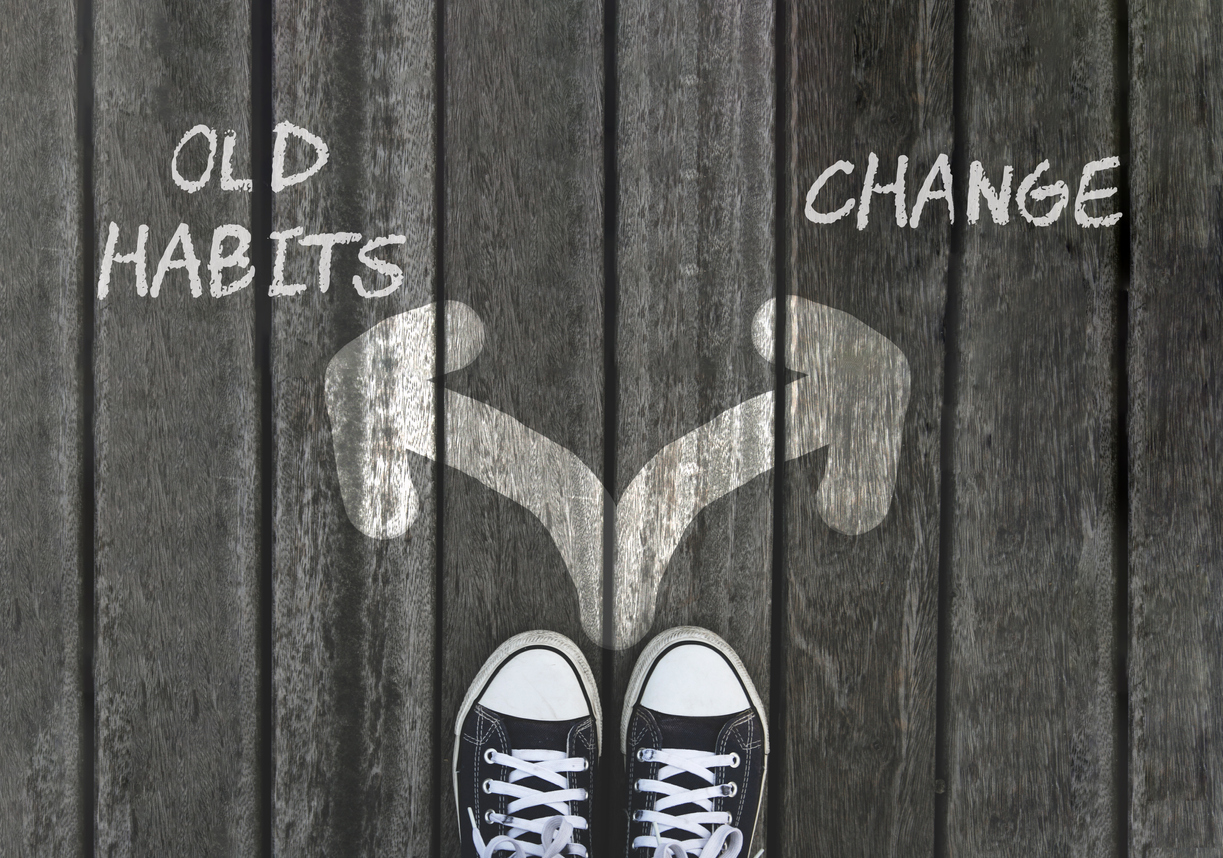
By Dr. Stacy Ogbeide, Board Certified Clinical Health Psychologist www.stacyogbeide.com
“Why is change so hard?” I hear this statement often from the patients I see in primary care. From taking a medication as prescribed to starting an exercise program – change is hard. Having a chronic health condition like Chronic Kidney Disease (CKD) can be difficult because, like many other chronic health conditions, CKD is heavily influenced by lifestyle and behavior modifications. What is a person to do?
“I just need to do it.” “I will change when I want to change.” “I will start next week.” “I want to start that walking plan, but it hurts when I move so I stopped walking.” Have you heard any of these statements? Many people have said these statements, or statements similar to these, when thinking about making a behavior change. This is something called ambivalence. Ambivalence is your internal conflict regarding the pros and cons of behavior change. In order to move forward, ambivalence needs to be addressed and resolved. The bad news? Chances are, if you have said this statement recently, you have not made any changes yet. The good news? If you are willing to have conversations with your loved ones or health care team about making changes, you are moving in the right direction!
What about failure? What about unsuccessful behavior change? What happens when you stop smoking cigarettes but return to smoking six months later? How about when you were taking your medications regularly but now, you are not anymore? What if you have missed your last three appointments with your kidney specialist? What does this mean? There are many things that can go wrong when making behavior changes. The important point to remember is that failure is critical in the behavior change process – you cannot have behavior change without failure!
We are human. Change is complex. We might be unrealistic with our goals. We might feel discouraged or ashamed that we are having a difficult time making changes that we know would help better manage CKD. We sometimes underestimate what is needed to make a behavior change. We do not realize that we may need other team members to help us along the way – a loved one, your kidney specialist, your dietitian, your social worker, a health psychologist, a health educator. It can take some time to figure out what works best for you and that means, many attempts at change that may be unsuccessful!
The key? Learning from your failures and making changes to your plan as you go. This process can be seen as “good” failures. Behavior change is complex and impacted by many factors like beliefs, biases, feelings, thoughts, planning, commitment, and your values. So, if your change plan does not go according to plan, ask yourself, “What went wrong and how can I do things differently?” Remember, if you are willing to stay in the change process and move towards your health goals, “good” failures are in your future!
Let’s all make this shift towards behavior change together. It is great to feel empowered to make important changes in your life for your health so you can do the things in life that are important to you. Imagine how communities would be impacted by you starting the conversation towards change! Or sharing your own journey on making important changes for managing your CKD. The conversation is similar to a chain being linked – one person starts the conversation but someone else may pick up where you left off – or YOU may be that person!
Healthy people make healthy communities. So, lets become partners along this journey called change.
References:
DiClemente, C. (2021). Relapse and recycling: The function of failure in successful behavior change. Presentation at the National Practice Conference, Washington, DC.




